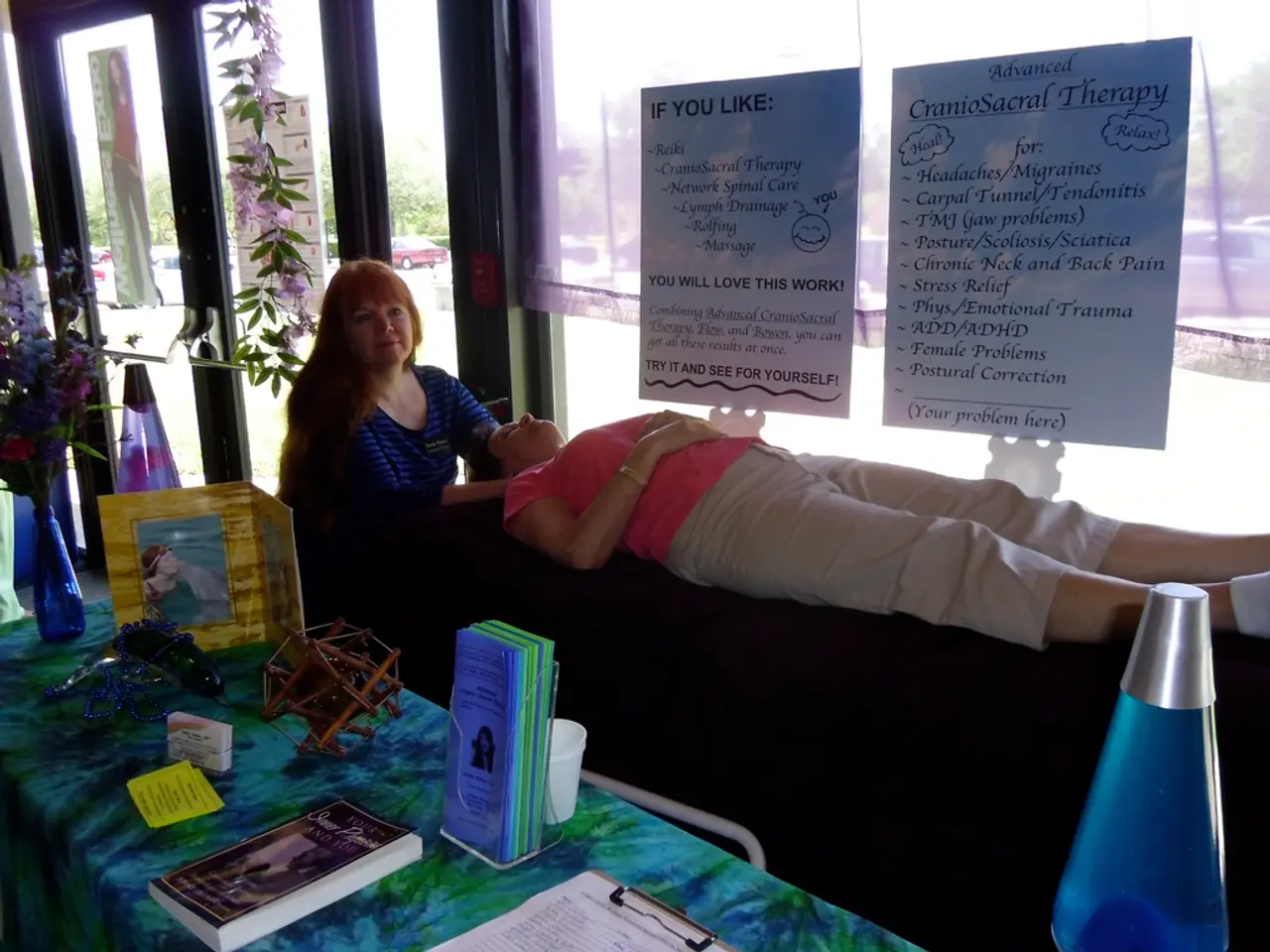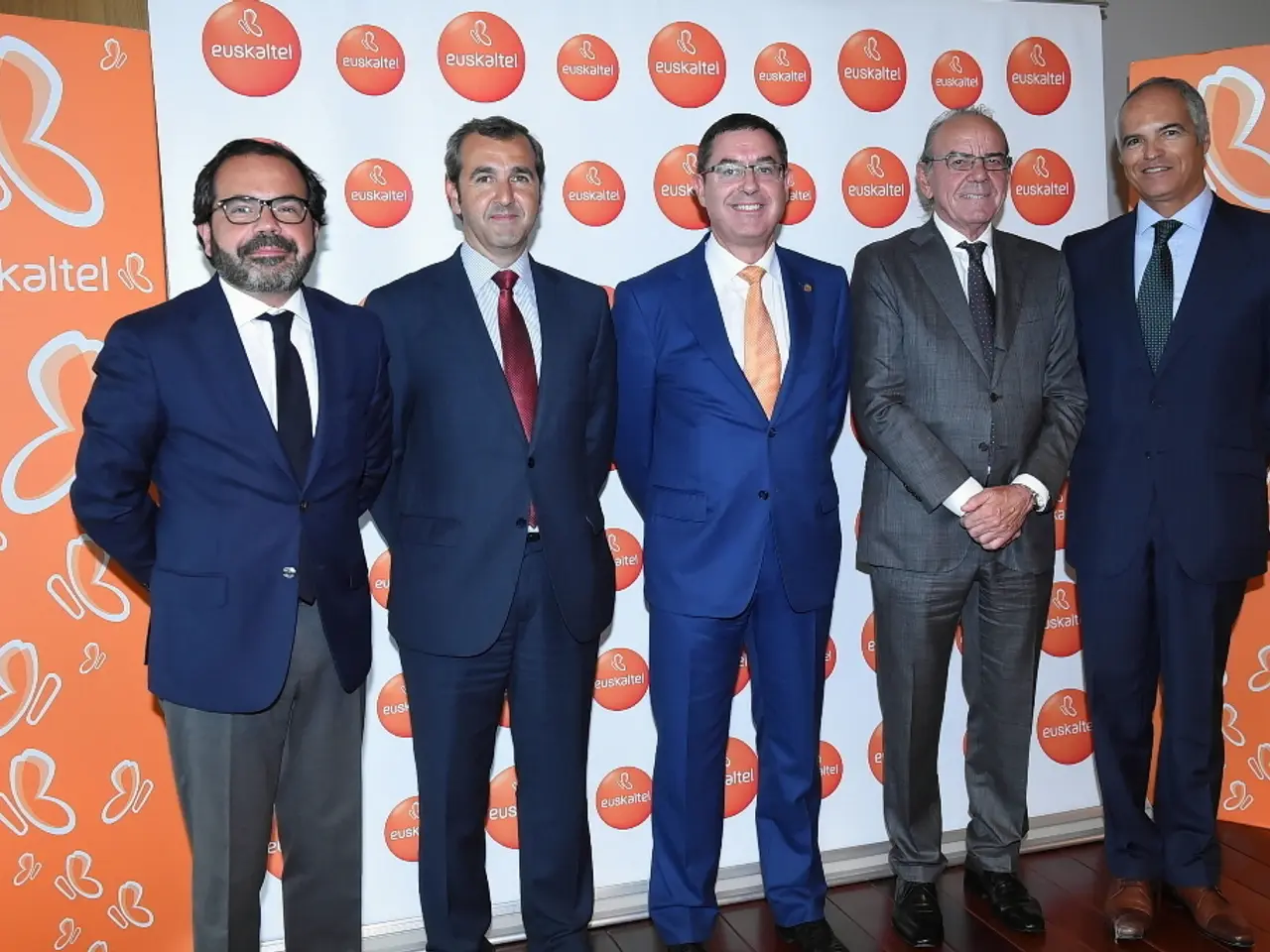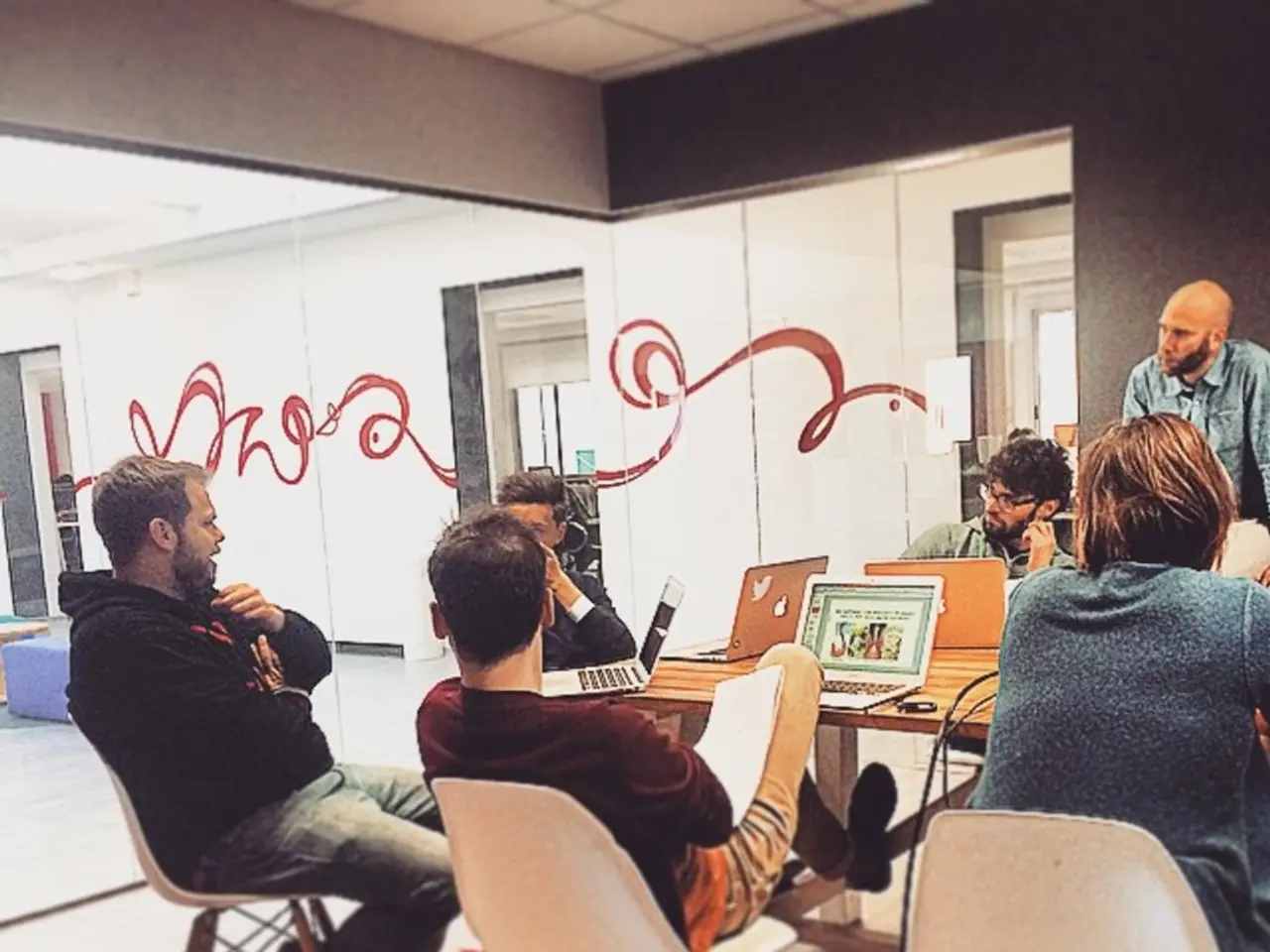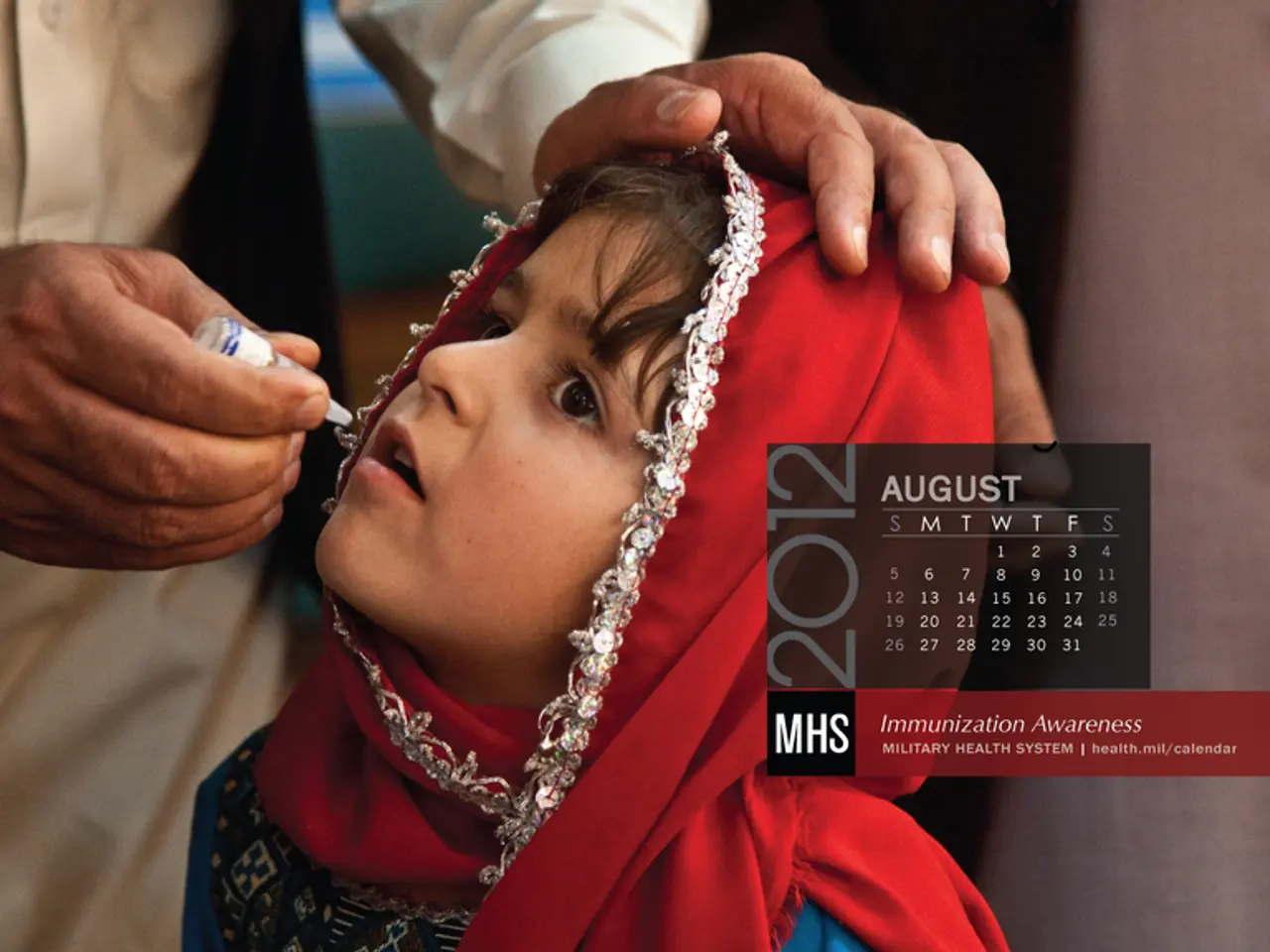Post-Breast Reconstruction Surgery: A Guide to Recovery and Outcomes
Breast reconstruction surgery in Delhi is a multi-stage process that involves both physical healing and emotional adjustment.
Physical Recovery
Upon surgery, patients are advised to wear compression garments or surgical bras for about four weeks to support the breasts and minimize swelling. Pain and discomfort are common, and patients should take prescribed pain medications on time and use ice packs to reduce swelling. Proper care of the incision site is crucial to prevent infection—it should be kept clean and dry with regular follow-up appointments to monitor healing.
Patients are usually advised to avoid strenuous physical activities, heavy lifting, and exercise during the initial weeks of recovery. A healthy diet also supports healing.
Emotional Recovery
Breast reconstruction can be a significant adjustment as patients adapt to changes in body image and self-esteem after surgery. It is normal to experience a range of emotions, and surgeons often encourage patients to discuss their feelings openly during follow-ups to address any psychological concerns.
While specific emotional recovery protocols are not detailed in the sources, the importance of ongoing support through follow-ups indicates recognition of emotional as well as physical well-being during recovery.
Supporting Emotional Needs
Trained counsellors can help process complex emotions, support body image acceptance, assist in rebuilding confidence and sexuality, and offer tools to manage anxiety or depression.
Follow-ups
Follow-ups are essential for both monitoring physical progress and supporting emotional needs, helping patients achieve optimal outcomes and adjustment post-surgery.
Choosing the Right Surgeon
Partnering with an experienced and compassionate surgeon like Dr. Rajat Gupta, a board-certified plastic surgeon in India with 15 years of experience, can make the transformation an empowering and uplifting experience.
Breast Reconstruction Techniques
The choice of breast reconstruction surgery technique can significantly influence the recovery experience, aesthetic outcomes, and overall satisfaction. Techniques include autologous flap reconstruction (DIEP flap, TRAM flap, TUG flap, Latissimus Dorsi flap), implant-based reconstruction, and combination techniques.
Recovery Timeline
The general recovery timeline involves the following stages:
- First Week: Rest, pain management, limited activity
- 2-4 Weeks: Gradual return to light activities, drains usually removed
- 6-8 Weeks: Resume moderate exercise, swelling significantly reduces
- 3-6 Months: Full results begin to emerge, with the final settling of implants or flaps
Sharing the Knowledge
If you found this article helpful, please consider sharing it on Facebook, Twitter, LinkedIn, Google, or email.
Contact Information
To book an appointment with Dr. Rajat Gupta, call 91-9251711711 or email contact@our website.
[1] Dr. Rajat Gupta, "Navigating the Recovery Journey After Breast Reconstruction Surgery." Accessed 15 April 2023.
[2] "Breast Reconstruction Recovery: What to Expect." Accessed 15 April 2023.
- The field of plastic surgery, with breast reconstruction being a prime example, is closely linked to both health-and-wellness and women's health, especially considering its role in combating breast cancer.
- Some may seek aesthetic enhancements through plastic surgery, such as a tummy tuck or cosmetic procedures, as they strive for self-improvement in the realm of health-and-wellness.
- It is crucial for patients undergoing breast reconstruction to discuss any medical-conditions they may have with their surgeons before the procedure, including menopause, which can impact the healing process.
- The science behind plastic surgery continues to evolve, with innovations in breast reconstruction techniques like autologous flap reconstruction and implant-based reconstruction offering women more options for anticipating and managing their health post-cancer treatments.
- A support system, whether it be through trained counselors or loved ones, plays a vital role in addressing the emotional challenges that may arise during recovery from breast cancer, breast reconstruction, or other aesthetic procedures, promoting overall health-and-wellness.




